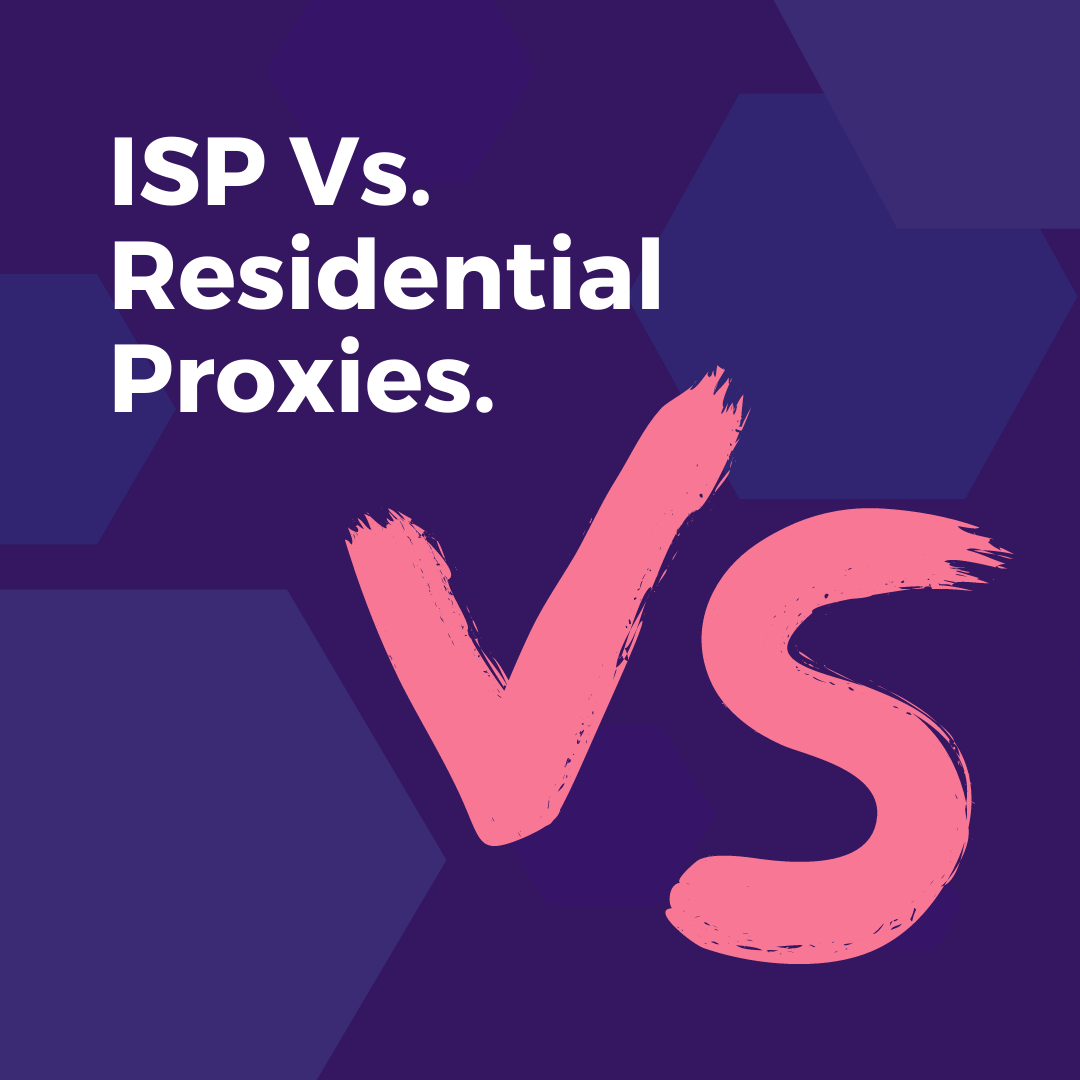TL;DR
Residential proxies and ISP proxies both offer ways to mask your identity online, but have key differences. Residential proxies use IP addresses assigned dynamically to home internet users, providing high anonymity as you constantly rotate IPs. ISP proxies use datacenter IPs registered to ISP nameservers, offering static IPs but less diversity.
The main benefits of residential proxies are the extremely large pool of IP addresses for maximum rotation, true geo-targeting capabilities, and avoiding blacklists by acting just like home internet users. However, speeds can be inconsistent depending on the user’s connection.
ISP proxies offer very fast, stable speeds since they use datacenter internet backbone. The tradeoff is less IP diversity, easier blacklisting since the IP blocks are known, and inability to target small towns. ISP proxies work for accounts needing static IPs.
For most use cases of web scraping, ad verification, brand monitoring, and account management, rotating residential proxies are ideal for their geo-targeting, anonymity, and reliability. ISP proxies fill a niche role when lightning-fast speeds on static IPs are essential, despite less IP diversity. Evaluate your specific needs to choose the right proxy type.




















